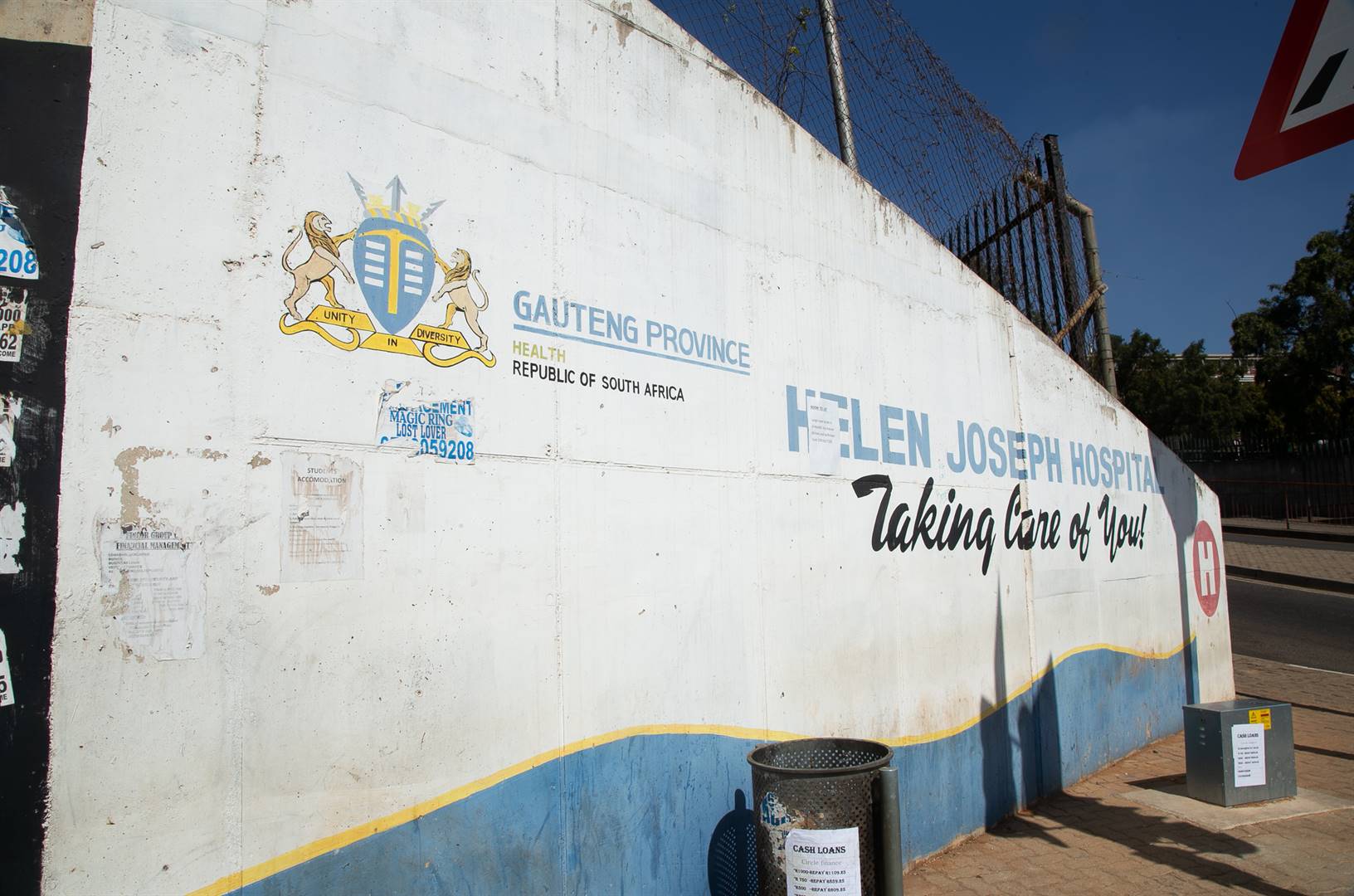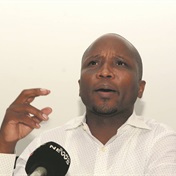
Compromised medical equipment, depleted diesel reserves for hospital generators and lack of budget are some of the challenges faced by the public health sector as the country battles rolling power cuts.
Health Minister Joe Phaahla said on Friday, during an update on the impact of Eskom-implemented rolling blackouts on the country’s public health facilities, that only 37 hospitals were currently exempted from load shedding.
Phaahla said these hospitals, which include Charlotte Maxeke Johannesburg Academic Hospital, Helen Joseph Hospital, Steve Biko Academic Hospital and Dr George Mukhari Academic Hospital in Gauteng, and the Western Cape’s Tygerberg and Groote Schuur hospitals, represented only 10% of public health facilities. There were more than 300 hospitals in South Africa and all of them had to be exempted.
“This is a drop in the ocean, but it is a work in progress. However, in the next seven days, we are working to bring on board other hospitals. For now, it is only the major hospitals that are exempted from load shedding,” he said.
READ: Full list: 37 out of over 300 hospitals exempted from rolling blackouts
He said the criteria for hospital exclusion included patient volumes, the nature of the specialised services the hospitals provided and the technological and medical equipment they had on the premises.
Phaahla said:
During the week, Phaahla had ordered the director-general to work with provincial heads of health departments to finalise the assessment of the effects of load shedding in the past week. Phaahla said the focus had been on the 80% to 90% of South Africans who were using public health facilities. He also engaged with other relevant authorities and entities, including Public Enterprises Minister Pravin Gordhan’s office, Eskom and municipalities, about the processes to be followed to ensure health facilities did not suffer from power outages.
This week, the Limpopo health department complained that load shedding was disrupting the pumping of water at water stations, which in turn disrupted the filling of storage facilities and pressure facilities.
The department said entities ended up having to rely on water tankers from municipalities, which have proven not to be enough for the full functioning of hospitals. As a result, cooking and laundry services were disrupted and medical procedures could not be performed.
BACKLOG
Phaahla said it was worrying that there were about 180 000 people who were on backlog lists waiting for various surgeries. However, these were not solely the result of load shedding – they had also been building up over the past two and a half years due to the Covid-19 pandemic.
Phaahla said:
The persistent power outages were significantly contributing to the reduced lifespan of some of the critically important machinery and equipment, including back-up generators. The “unpredictable, prolonged power outages” at higher stages of load shedding also posed a threat to the safety and efficacy of various medications and vaccines, which needed to be stored at specific temperatures, Phaahla said.
COMPROMISED SECURITY
The security of health facilities was also compromised during blackouts, especially in the evening and at night.
“Although there are no reported cases or incidents of criminal activities, healthcare workers feel vulnerable. They don’t feel safe to move between their residences and other sections of the health facilities during blackouts,” he said.
READ: Hospitals buckling under pressure due to load shedding
The department was in talks with National Treasury for an additional budget to sustain load shedding contingency plans, including unbudgeted increases in diesel and oil usage, Phaahla said.
The department would not disclose how much it needed for additional diesel and maintenance for generators, but said most facilities had already exhausted their budgets for fuel.
Phaahla said:
He said that, as part of the intervention, the department was considering a phased investment in renewable energy through solar power installation at health facilities as part of the energy mix.
Phaahla said that government would have to include alternative sources of energy, over and above generators, in its planning and budgeting for the future construction of health facilities.
Meanwhile, the SA Medical Association (Sama) expressed its concern about the parlous state of public hospitals. The health system in general faced collapse when the absence of the most basic services such as uninterrupted electricity supply, clean water and medical supplies made the job of healthcare difficult.
The association said load shedding had compromised essential emergency operations as well.
CHALLENGES
Sama spokesperson Mvuyisi Mzukwa said that even before load shedding, healthcare professionals had been working under challenging circumstances to deliver the most basic healthcare, dealing with overtime requirements, poor remuneration, being underresourced and having poor personal security in place. The challenges caused by load shedding added to this burden.
Mzukwa said:
Not only public health facilities were affected by load shedding – private hospitals were struggling as well, said Mark Peach, speaking on behalf of the Hospital Association of SA, which is a representative organisation for most of the country’s private hospital groups. It also requested that private health facilities be exempted from load shedding.
Peach said: “Load shedding in highly populated areas potentially hampers several facilities simultaneously, so that emergency care and care for the most vulnerable is threatened. Generators designed to be used sparingly are being used daily, which means degeneration is accelerated, while maintenance costs increase significantly.”
READ: Prof pens petition calling for hospitals to be exempt from rolling blackouts
He said the unplanned added use of generators coupled with the increase in diesel costs meant a significant added cost burden that could have knock-on effects on care for patients because budgets had to be reallocated.
“Sensitive surgical and medical equipment that is not designed to survive daily [switching] on and off degenerates. Scheduled patient care is obviously made more difficult without electricity, with delays and forced cancellations increasingly normal. Most hospitals are finding ways to manage this, but urgent care of the more vulnerable is becoming increasingly difficult to offer.”




 Publications
Publications
 Partners
Partners









